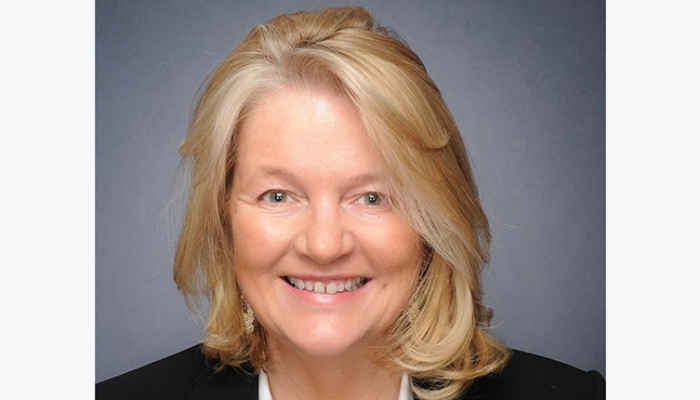How the financial services sector has had to adapt in reaction to COVID-19
This is a guest post from Kirsty Maxey, CEO of Teamspirit.
An industry that has needed to flex incredibly quickly during the COVID-19 outbreak is the financial services sector. Many people are living on a reduced income or, in some cases, people have seen their monthly income drop completely. Banks, lenders, financial advice firms and investment companies have had to pivot quickly and efficiently to support the needs of the customers dealing with this significant change in personal circumstance.
Practical measures like mortgage and credit card holidays, extended overdrafts and emergency small business loans have all been introduced and are crucial in helping people.
But, it’s not just the product offering and support systems that financial services companies have had to quickly adapt. Throughout a crisis, communication is not only crucial for brands in maintaining contact with customers but can be transformative. It is vital for cementing the most important relationships – from employees to customers, suppliers, creditors, investors and the wider community.
During the coronavirus crisis the focus of FS brands has, rightly, turned to the needs of the customer with a move to humanise content – something we have seen across multiple industries. I bet you all have an email in your inbox which is titled ‘A message from our CEO’. This move is no flash in the pan and will continue for years to come.
As the messages delivered by brands rightly evolve it is key that marketing and PR spend isn’t one of the first things to be cut, especially when competitors might be doing just that.
In the FS sector, brands that have handled their messaging well include Moneyhub, which in response to the pandemic offered a six-month free trial for users and shared content that signposts where help and advice can be found. And then there are brands like Fidelity and Charles Stanley, who have used the opportunity to grow their share of voice while the rest of the market has reduced their spend.
Businesses that continue to maintain share of voice and share of market are proven to see increases in profitability that outweigh short-term savings.



Leave a Comment